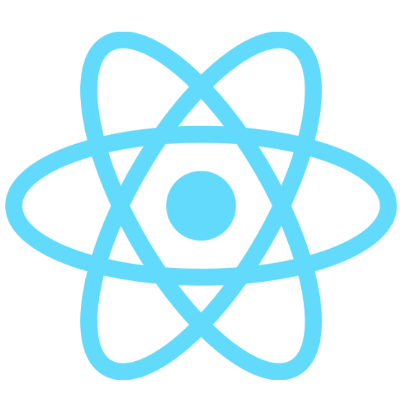"FurryWaleFriends, a compassionate platform, utilizes MongoDB for a secure treatment portal addressing injured animals. The adoption and donation sections offer second chances to strays, while the user-friendly interface facilitates shelter exploration and swift reporting of animal cruelty."
Imagine Luna, a playful stray dog, is found injured on the street. Concerned citizen Alex wants to help but doesn't know where to start. With FurryFriends, Alex can:
- Seek treatment: Search for nearby veterinary clinics or animal shelters through our shelter directory.
- Schedule an appointment: Utilize the FurryFriends treatment portal to connect with a veterinarian directly within the app. Personal information for both Luna and Alex is secured with MongoDB encryption.
- Donate for care: Contribute to Luna's treatment through our secure donation portal, ensuring her speedy recovery.
- Find a loving home: Once healed, use FurryFriends' adoption section to find Luna the perfect forever home, complete with profiles of potential adopters and shelters.
- Report cruelty: Witness animal neglect? Use the complaint section to report the incident and trigger swift action from authorities anonymously.
- Treatment Portal: Securely connect with veterinarians, manage appointments, and ensure data privacy for injured or ill animals.
- Adoption Section: Find loving homes for stray animals and connect adopters with shelters and rescue organizations.
- Donation Portal: Contribute to the care and well-being of needy animals through secure and transparent donations.
- Shelter Directory: Explore various shelter options for different animal needs, including adoption services and government facilities.
- Complaint Section: Report instances of animal cruelty or distress anonymously, triggering swift action from relevant authorities.
- Balancing needs: Catering to diverse user groups (pet owners, adopters, shelters) required carefully balancing features and ensuring their seamless integration.
- Data security: Building a robust and trustworthy platform meant prioritizing data privacy and encryption for animal and user information.
- Building partnerships: Connecting with shelters, vet clinics, and animal welfare organizations demanded effective communication and collaborative efforts.
- Raising awareness: Attracting users and fostering community engagement required creative outreach strategies and a clear value proposition.
- Technical hurdles: Integrating various features and ensuring platform stability presented ongoing technical challenges, demanding continuous adaptation and learning.
*BlockChain implementation in the payment-related features like donations for the needy animals, and payments for vetererian fees. *Pet shop implementation [e-commerce page]. *Adoption: Any Pet owner or Non-Pet owner can adopt stray animals from the shelter where rescued animals are keptand treated.
It seems like you've provided a list of actions and timestamps related to your project. If you want to generate a README.md file based on this information, I can help structure it for you. Here's a template:
## Project Name
FurryWaleFriends
## Table of Contents
- [Overview](#overview)
- [Client](#client)
- [Server](#server)
- [License](#license)
- [Project Structure](#project-structure)
- [Getting Started](#getting-started)
- [Usage](#usage)
- [Contributing](#contributing)
- [Acknowledgments](#acknowledgments)
- [Contact](#contact)
- [Disclaimer](#disclaimer)
## Overview
Describe the overall purpose and scope of your project. Highlight any key features or functionalities.
## Client
- Last update: 6 hours ago
- Status: About change
Provide details about the client-side changes. Mention when the last update was made and any upcoming changes.
## Server
- Initial Commit: 4 hours ago
Include information about the server-side changes. Specify the date of the initial commit and any relevant details.
## License
- Initial commit: 9 hours ago
Briefly explain the license chosen for your project and when it was initially committed.
## Project Structure
Outline the structure of your project, including important directories and files.
## Getting Started
To set up your project locally, follow these simple steps.
1. **Clone the Repository:**
```bash
git clone <repository-url>-
Navigate to Project Directory:
cd <project-directory>
-
Install Dependencies:
# Use your preferred package manager npm install # For Node.js projects yarn install # If you prefer Yarn
-
Run the Project:
# Add specific commands for running your project
Include any necessary information on how to use or deploy your project.
Provide guidelines for others who might want to contribute to your project.
If there are any people or resources you want to acknowledge, include them here.
Add your contact information if others have questions or want to reach out.
Include any disclaimers or important notes about your project.
Please replace `<repository-url>` and `<project-directory>` with your actual repository URL and project directory. Additionally, add specific commands for running your project in the "Run the Project" section under "Getting Started."



